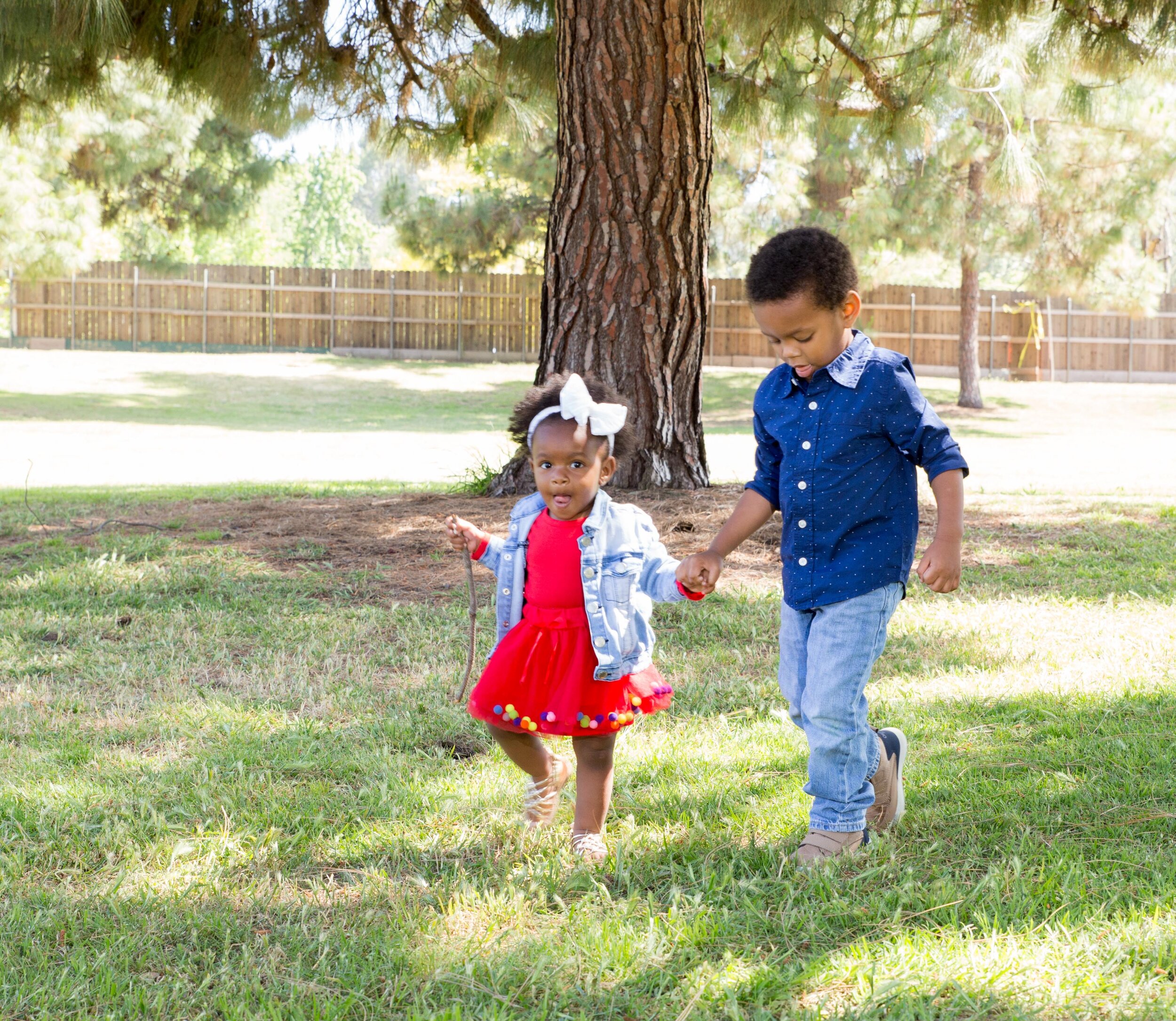The Depression Series - Happily Ever After?
Photo Credit: Focused Fathers Photography
Unpopular opinion: People with depression are great partners.
Even more unpopular opinion: Depression cannot be a third partner in your relationship.
Look, I don’t think I am the perfect spouse or mother by any stretch of the imagination. However, I am an AMAZING spouse and mother and that is not up for debate. My husband and I started dating right in the middle of the worst of my depression. If I was still in that same spot, we would not be together.
That isn’t because we aren’t compatible. We are.
That isn’t because we don’t enjoy spending time together. We do.
That isn’t because he doesn’t love me. He does.
But if depression was often too much for me to handle, how could I expect him to do so on my behalf? He will never understand, feel, or see the darkness. And honestly, that should never be an expectation. We shouldn’t want our partners to volunteer for a relationship with us, and our depression. It’s unfair to demand they suffer with us more than we work to prevent their suffering.
My husband has supported me through the pain because I have never made him responsible for finding my happiness. He couldn’t give it to me even if he tried. In exchange, I gave his communication and respect. I never penalized him for having the joy I was still seeking. The issue with being in a relationship with unmanaged depression is the same crutch you lean on will trip you up. It becomes your personality. It becomes who you are instead of what you have. I knew, if I wanted a healthy relationship, I needed to be healthy, first.
Healing requires energy. It requires purpose and passion. It requires time and patience. It requires you to recognize the difference between irrational responses and common frustration. It requires you to make sure you neither hide nor amplify your struggle. Unless you are mentally prepared to fulfill all these requirements while nurturing your relationship, as much as you deserve love, it may not be the right time for it. If you’re committed to being a great partner, you must be equally as committed to being great to yourself.
Photo Credit: Focused Fathers Photography
Unpopular opinion: People with depression can raise awesome kids
Even more unpopular opinion: Only if you raise them as if you’re not depressed.
One of my first memories of myself is crying because I heard a sad song. I was about three. Now with two Littles of my own, I have never been more in tune with how energy can affect children. I don’t assume that either of my children will suffer from depression, but I know even if they weren’t genetically predisposed, it is a possibility. Therefore, if my Little doesn’t want to see something on television because it feels heavy, I don’t question it. I understand it is throwing off their energy even if they don’t understand why.
Likewise, when I recognize my energy is negative, I am nearing a fog, or I am in one, I intentionally hide it. I know this goes against almost everything I have discussed in this series. I know I said the worst thing you can do when it comes to having depression is to pretend you are not depression. But this is my one exception. My Littles are vulnerable and perceptive. They are attempting to learn about the world primarily through interaction with me. I can’t, and won’t, drown them with my depression.
That’s where the benefit of learning how to manage my emotions has shown its most value. Having children has triggered multiple relapses into depression for me. From the pregnancies, the isolation of being a stay at home mom, and the stress of raising two humans, my depression was ready and willing to help me fall further apart. But because I recognized immediately what was going on, I was able to begin treatment immediately. I discussed it openly with my husband, my friends, family… literally anyone who would listen, even if they couldn’t help. I discussed it with my Obstetrician so there was medical professional available and aware that I may need additional help or an intervention. I scheduled times for emotional release, also known as crying in the shower. I put the onus of my care on myself.
But I did not, I do not, break down in front of my Littles. Protecting their energy and allowing them to grow in an environment that feels safe and stable will help them to grow into their own feelings with confidence instead of confusion. They deserve space to explore their emotions without my feelings complicating their journey. Even with depression, I can serve as a resource for my children instead of a reason they will also suffer. To raise them any other way would be selfish and potentially dangerous.
As a child, I was surrounded by people who were not ready to call out their demons. I was left believing I was the only one in the darkness, fighting alone.
My Littles will have the benefit of my battle without the scars.


